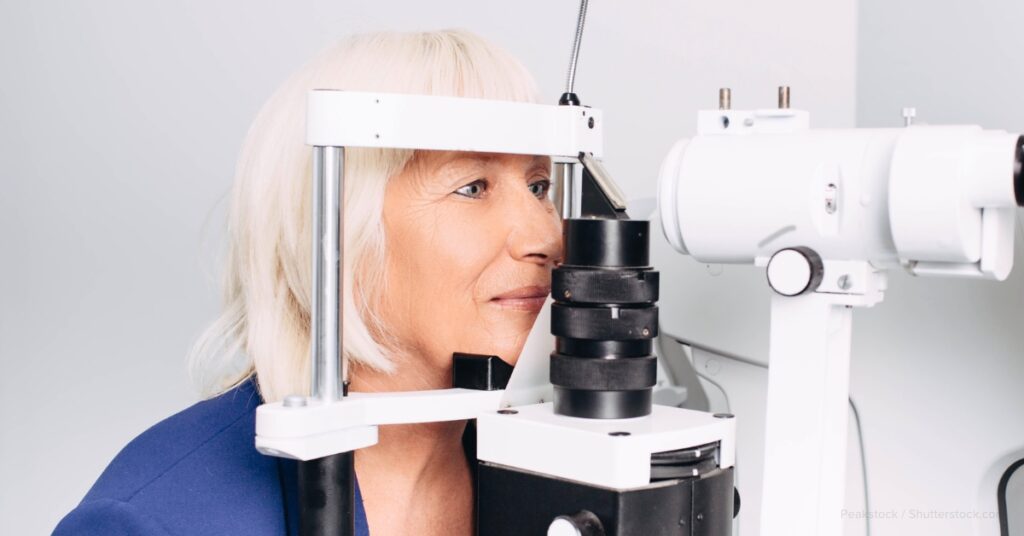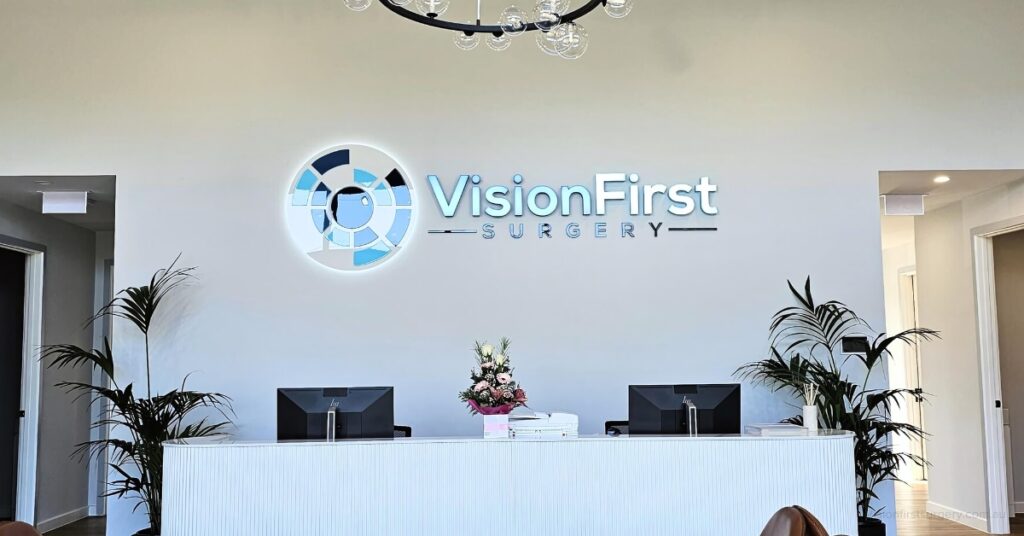The eyes are influential in a person’s health status, but in the same breath, they are incredibly fragile organs. When injured and not taken care of properly, they could deteriorate fast without warning. This is where the importance of regularly visiting an eye doctor and eye care in preventing blindness comes in. Besides updating your prescriptions if your vision is compromised.
With the diagnostic procedures they are equipped to do, a patient will get an idea of the current state of their eyes and, therefore, take the necessary steps – quite possibly preventing extreme conditions from happening otherwise.
From taking care of your eyes as part of your daily routine to seeking the help of eye and laser surgeons, we outline the ways you can champion the kind of eye care in preventing blindness.
Eye Care in Preventing Blindness: The Everyday Habits

A person’s vision naturally degenerates with age. However, causes such as accidents and diseases can also trigger vision impairment early on. With all these in the mix, how do you care for your eyes to remain healthy for as long as possible?
Protect Your Eyes from Ultraviolet Rays
You may feel awkward wearing sunglasses outdoors regularly, but this protects your eyes on sunny and cloudy days.
If you didn’t know, exposure to vast amounts of ultraviolet rays can lead to cataracts or murky vision.
Observe Proper Contact Lens Use
Some people find contact lenses more comfortable than prescription glasses. If you’re one of them, this is your reminder always to practice proper contact lens use. This includes keeping your hands clean with clean soap when putting them on and off, storing them in clean containers, and using only contact lens solution, not tap water.
Do you wear contact lenses for aesthetic purposes? It is recommended to still consult an eye doctor before using them, even if you have perfect vision, to avoid allergic reactions.
Eat the Right Foods

Eye care is not only limited to directly caring for your eyes. You can also champion it by getting your fill of foods that are good for the eyes.
They are foods rich in vitamin A – such as carrots and sweet potatoes. Which the retina needs and helps keep the eyes moist. Foods that are a good source of vitamin C – citrus fruits, among others – combat the damage caused by the unhealthy foods you eat and environmental factors Harmful habits like smoking cause significant eye damage. The likes of cold-water fish – salmon and tuna – are due to their being rich in omega-3 fatty acids, which research says help prevent eye diseases later in life.
Manage Blood Sugar Levels
Aside from increasing your intake of foods beneficial for eye health, another way to give your eyes the care they deserve is by managing your blood sugar levels.
A person with diabetes is very much at risk of vision loss, called diabetic retinopathy, when you keep your blood sugar at a healthy level.
Eye Check-up: The Most Important Facet of Eye Care in Preventing Blindness

The aforementioned things are crucial to ensuring your vision stays optimal. However, no matter how much you try, eye conditions will pop up in one way or the other. Unfortunately, not all of them exhibit apparent symptoms. Thus, they are easily ignored until one is already facing or on the verge of vision loss.
This is why visiting an eye doctor is extremely helpful when it comes to preventive eye care. Add the fact that while there are at-home remedies you can do for conditions such as eye allergy, style, and pink eye, there are instances better left to the care of medical professionals,
These include cases of blurriness, double vision, and pain in the eyes.
Looking for an Eye Care Provider in Melbourne?

To help you champion eye care in preventing blindness, VisionFirst Surgery is an ophthalmology clinic in Melbourne that offers diagnostic procedures and treatment options in the name of healthy eyes.
Among others, VisionFirst Surgery offers Eye Injection Therapy. A procedure of directly administering medication into the eyes. It is to treat and manage age-related macular degeneration (AMD), diabetic retinopathy, retinal vein occlusion, and other retinal disorders.
For more information or to schedule an appointment with a VisionFirst Surgery eye doctor, contact us today!

